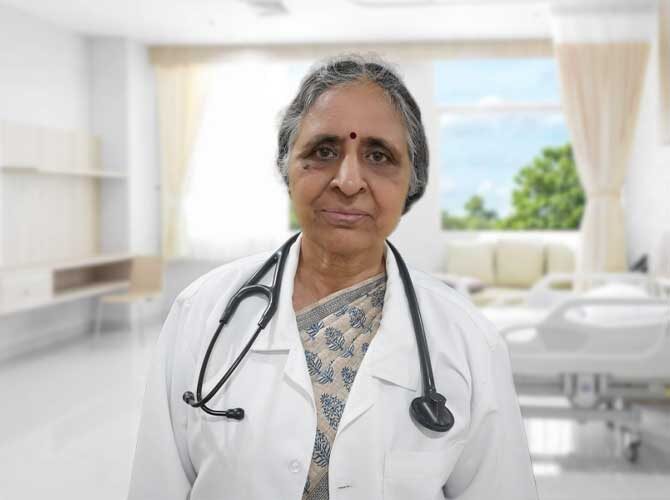An obstetrics and gynecology (OB/GYN) doctor is a medical professional who specializes in the healthcare of women, particularly during pregnancy, childbirth, and reproductive health. They work in hospitals, clinics, and medical centers, providing a wide range of services related to obstetrics and gynecology.
Here are some key responsibilities of an OB/GYN doctor in a hospital:
- Prenatal Care: OB/GYN doctors provide prenatal care to pregnant women, monitoring their health and the development of the fetus. They perform regular check-ups, order and interpret tests (such as ultrasounds and blood work), provide guidance on nutrition and lifestyle, and address any concerns or complications that may arise during pregnancy.
- Labor and Delivery: OB/GYN doctors manage labor and delivery for women giving birth in the hospital. They monitor the progress of labor, provide pain management options, make decisions regarding the need for medical interventions, and ensure the safety and well-being of both the mother and the baby during the delivery process.
- Gynecological Examinations: OB/GYN doctors perform gynecological examinations to assess and maintain the reproductive health of women. This includes pelvic examinations, Pap smears for cervical cancer screening, breast examinations, and evaluation of menstrual irregularities or other gynecological issues.
- Family Planning and Contraception: OB/GYN doctors provide counseling and guidance on family planning methods and contraception. They discuss contraceptive options with patients, prescribe birth control methods, and help women make informed decisions regarding their reproductive health and family planning goals.
- Diagnosis and Treatment of Gynecological Conditions: OB/GYN doctors diagnose and treat various gynecological conditions and disorders, such as menstrual disorders, sexually transmitted infections, urinary tract infections, endometriosis, fibroids, and ovarian cysts. They may recommend medications, perform surgical procedures, or provide other interventions as necessary.
- Menopause Management: OB/GYN doctors assist women during the transition to menopause and provide management strategies for menopausal symptoms, hormonal changes, and related health concerns. They offer guidance on hormone replacement therapy, lifestyle modifications, and preventive healthcare measures for postmenopausal women.
- Gynecological Surgery: OB/GYN doctors perform surgical procedures related to the female reproductive system. This may include surgeries such as hysterectomy (removal of the uterus), myomectomy (removal of uterine fibroids), ovarian cystectomy (removal of ovarian cysts), and procedures to address pelvic organ prolapse or urinary incontinence.
Becoming an OB/GYN doctor requires completing medical school followed by a residency program in obstetrics and gynecology. Some OB/GYN doctors may pursue additional fellowship training in subspecialties such as reproductive endocrinology and infertility, gynecologic oncology, or urogynecology.
OB/GYN doctors provide comprehensive healthcare for women throughout their lifespan, addressing reproductive health, pregnancy, childbirth, and gynecological concerns. They play a vital role in promoting women’s health, providing medical expertise, and supporting women through various stages of their lives.





